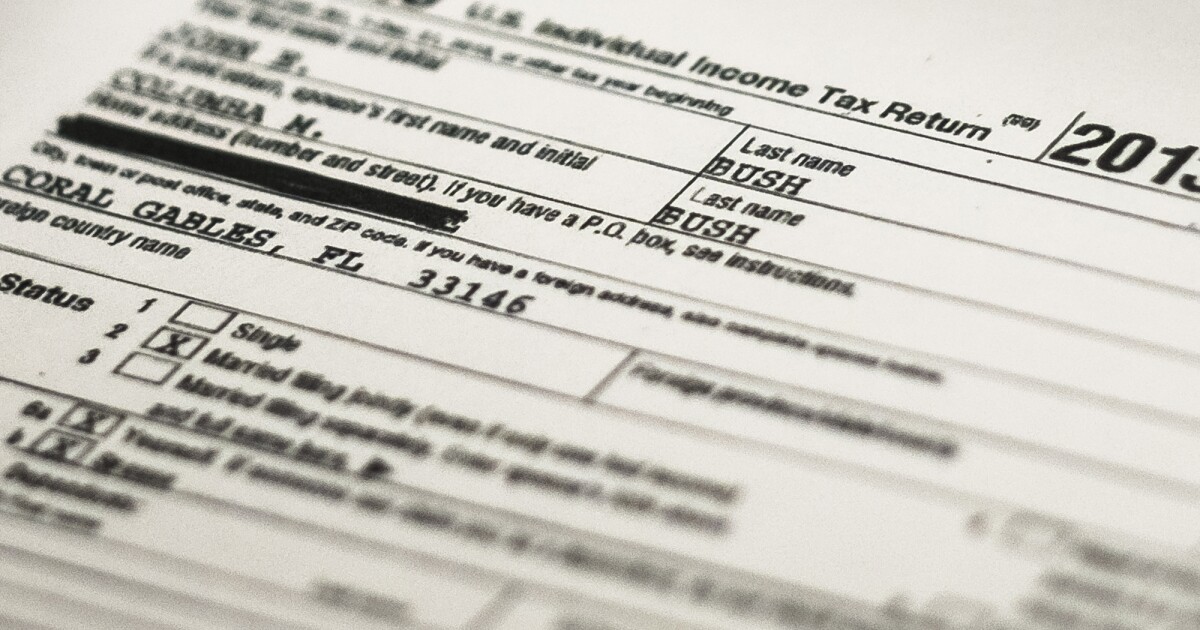

Taxpayers who claimed the child tax credit when filing their taxes may be able to claim several other credits pending eligibility.
While the child tax credit will not be worth nearly as much as it was in previous years, eligible people claiming it will still receive up to $2,000 per child under the age of 17. Taxpayers will be given this full credit if their annual income is not more than $200,000, or $400,000 if filing a joint return, according to the IRS.
TAX DAY 2023: IRS REMINDS TAX-EXEMPT ORGANIZATIONS OF FILING DEADLINE NEXT MONTH
Here are several other tax credits families might be eligible to claim:
Child and dependent care credit
This credit is available for taxpayers who paid someone else to care for their child or dependent person while working or looking for work. Claiming this credit, which is calculated based on one’s income and a percentage of expenses one incurred to hire a caretaker, will reduce a taxpayer’s federal income tax on their tax return.
To be eligible for this credit, a taxpayer must have paid expenses for the care of a person to enable the taxpayer to either work or actively look for work. A taxpayer must also have lived in the United States for more than half of the year; special rules will apply to military personnel who are stationed outside of the U.S.
Earned income tax credit
The earned income tax credit provides assistance to low- or moderate-income workers and families, who can use the credit to reduce the taxes they may owe. This may increase the refund the tax filer will receive.
Taxpayers will need to go to the IRS’s website and check for themselves if they are eligible for this credit. Additionally, the amount this credit is worth will vary depending on if the taxpayer has children, has dependents, or is disabled.
American opportunity tax credit
This credit is for people paying for students in the first four years of higher education. The value of this credit is 100% of the first $2,000 of qualified education expenses the taxpayer paid for each eligible student and 25% of the next $2,000 of qualified education expenses.
A taxpayer will also be eligible if the student they are paying for has not claimed this credit for more than four tax years and if they do not have a felony drug conviction at the end of the tax year.
CLICK HERE TO READ MORE FROM THE WASHINGTON EXAMINER
Lifetime learning credit
Similar to the American Opportunity Tax Credit, this credit is for those in higher education. Unlike the aforementioned credit, this credit has no limit on the number of years it can be claimed and is worth up to $2,000 per tax return.
To claim this credit, either a taxpayer, their dependent, or a third party must pay qualified education expenses for higher education and pay the education expenses for an eligible student who is enrolled at an eligible educational institution. Additionally, the student in question must be either the taxpayer, their spouse, or a dependent listed on the taxpayer’s tax return.





